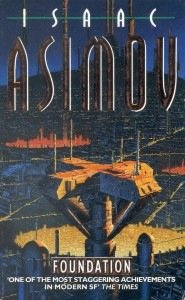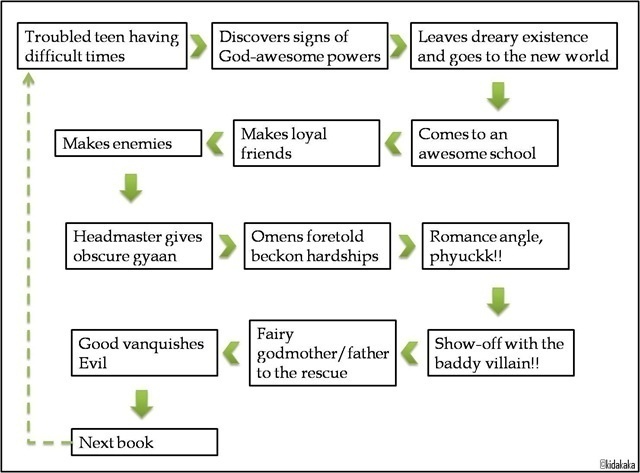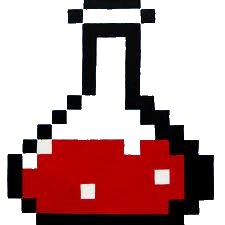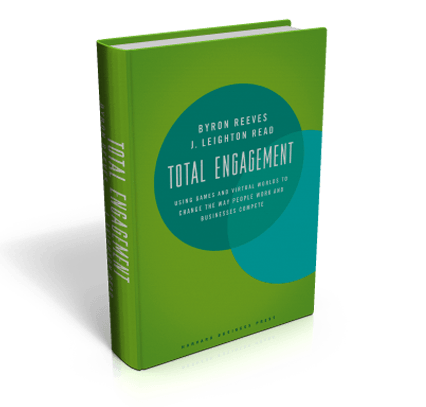 During my formative years, my parents took pains to ensure that I got access to a lot of books. As a baby I used to happily tear out pages from a book; the only reason my parents must have restrained themselves from taking that book away from me was the hope that one day I shall start reading the book instead of simply tearing it. Well, they were right, many torn books later, I opened a book and started reading it instead!! ’twas hand-me-down book which had been purchased on the footpath of Fort area in Churchgate. Malory Towers by Enid Blyton … Darrell Rivers and her stay at the Cornish school, it was almost magical (ala Harry Potter).
During my formative years, my parents took pains to ensure that I got access to a lot of books. As a baby I used to happily tear out pages from a book; the only reason my parents must have restrained themselves from taking that book away from me was the hope that one day I shall start reading the book instead of simply tearing it. Well, they were right, many torn books later, I opened a book and started reading it instead!! ’twas hand-me-down book which had been purchased on the footpath of Fort area in Churchgate. Malory Towers by Enid Blyton … Darrell Rivers and her stay at the Cornish school, it was almost magical (ala Harry Potter).
Then came the Famous Five and Secret Seven, soon followed by the detectives; Nancy Drew, Hardy Boys, Hercules Poirot and of course my favorite Sherlock Holmes. Every year my sister and I used to wait for vacations, because vacations meant – travel, bags of books, library subscriptions and lounging around all day reading books. Reading was a big help at various points in my life, to which I will always be grateful towards my parents.
Vocabulary
Reading and especially reading at a young age tremendously boosts your vocabulary skills. The words which a lot of people mug-up using word-lists for GRE and CAT preparations, are already familiar to you since you have read them in one book or the other. Language suddenly is not a constraint but a medium to be leveraged. Think about it, the section which a lot of people fear is the Reading Comprehension (RC), this becomes your forte because of your reading.
Learning is not a pain
Since you can read faster, there is a chance that you understand things faster as well; Ergo lesser time to study ;-). In fact who knows you might even enjoy it!! (Although I don’t guarantee this!)
General Knowledge
The amount of knowledge you pick up when reading through different books/magazines/articles is immense. Don’t believe me? Then try this simple exercise … pick-up a newspaper, any newspaper and just spend 15-20 minutes reading through any random set of articles. If you are not more informed then either you have been reading the daily funnies or the page 3 :-).
Communication
It helps you communicate better. Being well read is simply more topics to discuss :-). Ever stuck in a conversation where you have no idea what the others are talking about? Well that’s ignorance. Read and drive away that ignorance!!
Helps in exams/vivas
Often during my engineering vivas and exams, I used to hope for questions which were outside the syllabus. Simply because the question outside the syllabus were from more or less current events. Having done a lot of other reading, this always gave me an edge over other students (who were much better at studies :-D). When it comes to dealing with the unknown, the well read person is at a distinct advantage.
The great thing about reading, is that it’s never too late. You might say, that I do not have any exams to give, but reading still comes in handy. Reading helps you be more informed about things which are interested in. Without reading, you cannot write. If you are a creative person or are involved in a creative job, then you have to read. Think of it as one more avenue of getting your inspiration. Your personal muse.
Ahh, and more thing, this is a form of entertainment which is customized for you, the book you read is your choice … if you like magic – then the Lord of the Rings, satire – then the Inscrutable Americans, sci-fi then – Isaac Asimov or the Dune series, philosophy then – The Fountainhead, medical then – Any Robin Cook, legal – then any John Grisham … I can go on. So what are you waiting for!?! If you can read through this entire post, then you might as well go to the nearest book store and pick-up any book that holds your fancy!!







